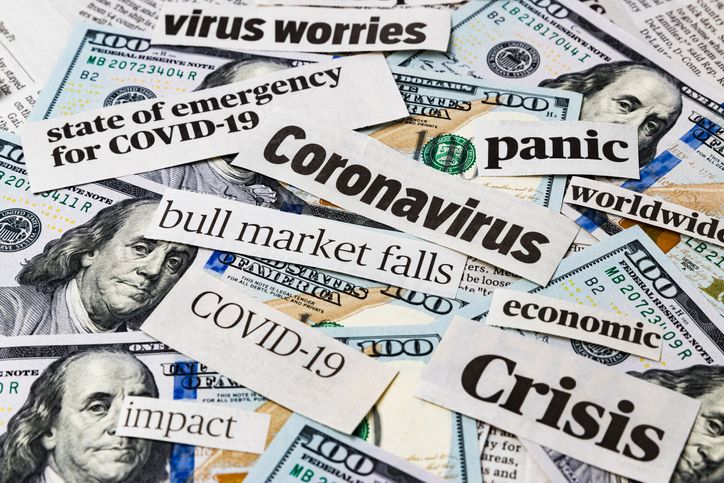How to Protect Your Finances from Fraud and Scams
It’s an unfortunate reality that fraud and scams are prevalent in today’s digital age. With advancements in technology, criminals have found new and sophisticated ways to trick unsuspecting individuals out of their hard-earned money. From phishing emails to fake investment schemes, there are countless ways in which fraudsters can target you. So, how can you protect your finances from falling victim to these scams? In this article, we will provide you with the tools and knowledge you need to safeguard your financial well-being.
Understanding the Threat
Before we delve into how to protect yourself from fraud and scams, it’s essential to understand the scope of the threat. According to the Federal Trade Commission (FTC), consumers reported losing a staggering $3.3 billion to fraud in 2020 alone. This number represents a significant increase from previous years, highlighting the growing prevalence of scams in our society. Whether it’s identity theft, credit card fraud, or online phishing scams, the threat is real and ever-present.
Common Types of Financial Fraud
There are various types of financial fraud that you should be aware of, including phishing scams, investment fraud, and identity theft. Phishing scams typically involve fraudulent emails or messages that trick you into providing sensitive information, such as passwords or credit card details. Investment fraud schemes promise high returns with little risk, enticing individuals to invest their money in fake ventures. Identity theft occurs when your personal information is stolen and used to commit fraud in your name.
Protecting Yourself from Fraud and Scams
To protect your finances from fraud and scams, there are several steps you can take. First and foremost, be cautious when sharing personal information online and always verify the legitimacy of websites before entering any sensitive data. Avoid clicking on suspicious links or opening attachments from unknown senders. Additionally, regularly monitor your bank accounts and credit reports for any unusual activity. If you believe you have been a victim of fraud, report it to the authorities immediately.
Conclusion
In conclusion, protecting your finances from fraud and scams requires vigilance and awareness. By staying informed about the latest tactics used by fraudsters and taking proactive steps to safeguard your personal information, you can reduce the risk of falling victim to financial scams. Remember, it’s always better to be safe than sorry when it comes to protecting your hard-earned money. Stay informed, stay vigilant, and stay protected.
We are a leading digital reference platform for personal finance management tips and tools. From learning how to effortlessly track your cashflow and gain insights that’ll help you see easy opportunities to information on how to save and find the best deals and discounts we have you covered. Our categories include Budgeting, Job Hunting, Groceries, Credit Cards, Credit Scores, Home & Home Buying, Investing, Retirement Planning, Car Related, Medical Related and much more...












